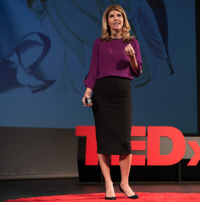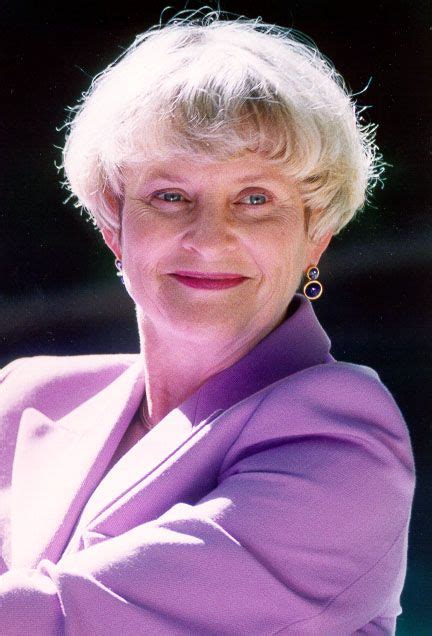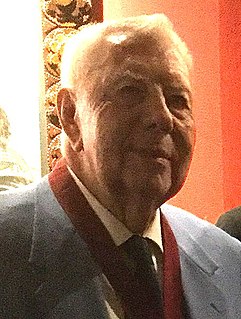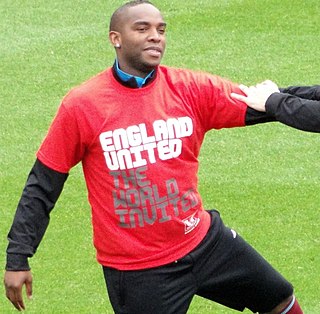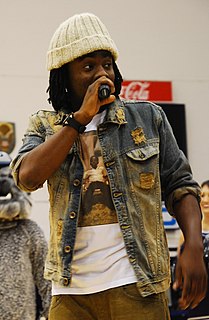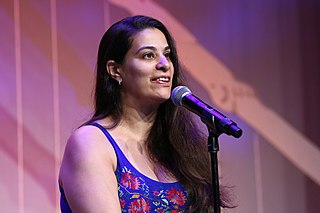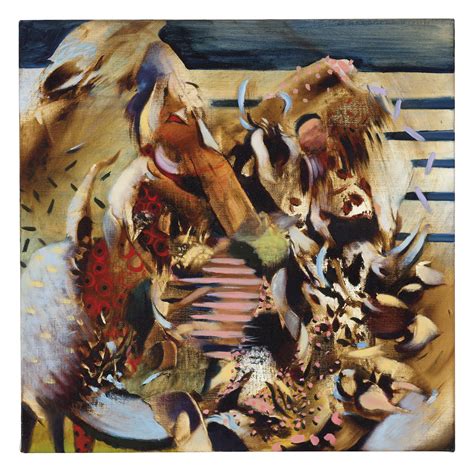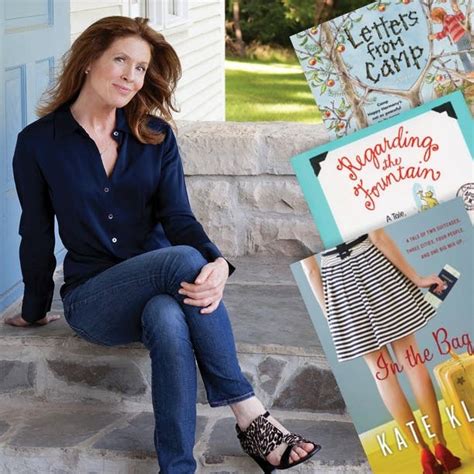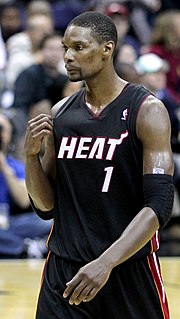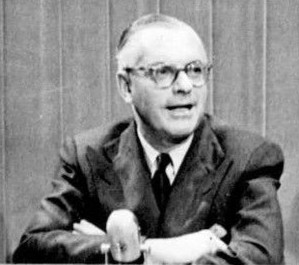Top 1200 Reading Inspirational Quotes & Sayings - Page 18
Explore popular Reading Inspirational quotes.
Last updated on November 23, 2024.
Every time I do a movie, I'm reading the script, or if it's something I have coming up, I'm reading the script, and I just spend hours and hours and days and weeks and months going over the script and just writing a lot of different ideas down, finding a little dialogue or just coming up with ideas for scenes and moments and all that kind of stuff.
God, the bitter misery that reading works into this world! Everybody knows that - everbody who IS everybody. All the best minds have been off reading for years. Look at the swing La Rouchefoucauld took at it. He said that if nobody had ever learned to read, very few people would be in love. Good for you, La Rouchefoucauld; nice going, boy. I wish I’d never learned to read.
Heaven, Kiwi thought, would be the reading room of a great library. But it would be private. Cozy. You wouldn't have to worry about some squeaky-shoed librarian turning the lights off on you or gauging your literacy by reading the names on your book spines, and there wouldn't be a single other patron. The whole place would hum with a library's peace, filtering softly over you like white bars of light.
If I were reading a book and happened to strike a wonderful passage I would close the book then and there and go for a walk. I hated the thought of coming to the end of a good book. I would tease it along, delay the inevitable as long as possible, But always, when I hit a great passage, I would stop reading immediately. Out I would go, rain, hail, snow or ice, and chew the cud.
Depending on the day or even the hour, productivity can take very low dips. At times, I may feel like throwing in the towel. I love being inspired by amazing women who have achieved great things. When I have a setback, I will spend 15 minutes reading quotes from strong women or reading or watching an interview with a woman I admire (a gold medalist or a CEO). This gets me back in the right mindset to tackle any challenge.
It can't be supposed," said Joe. "Tho' I'm oncommon fond of reading, too." Are you, Joe?" Oncommon. Give me," said Joe, "a good book, or a good newspaper, and sit me down afore a good fire, and I ask no better. Lord!" he continued, after rubbing his knees a little, "when you do come to a J and a O, and says you, 'Here, at last, is a J-O, Joe,' how interesting reading is!
My father was very strict, a very militant parent, because he wanted us to be very focused kids. He sold the televisions, so we didn't watch TV. And he didn't want any music playing that wasn't gospel or inspirational music. In fact, he didn't even like a lot of gospel because he thought it was too bluesy.
I love fortune readings! because when I get in troubles, if the reading says that I am in a lucky day, I can think my troubles are just some kind of mistakes, and if the reading says that I am in the unlucky day, I can think that my troubles are just because of my bad luck. Either ways, I can know the reason of my troubles.
No player in the NBA was born wanting to play basketball. The desire to play ball or to read must be planted. The last 25 years of research show that reading aloud to a child is the oldest, cheapest and must successful method of instilling that desire. Shooting baskets with a child creates a basketball player; reading to a child creates a reader.
I like people, I really do. I like meeting people. But most of the time I would rather be at home reading a book than reading in a bookstore. It's a performance, and it ends up being all right, and then you have a nice shot of bourbon afterwards, and it's all good. I want to please people. I want to be nice. I want to be liked. As a result I say yes to everything. But it takes a lot of vital energy out of me.
Usually naive interviewers hover between two mutually contradictory convictions: one, that a text we call creative develops almost instantaneously in the mystic heat of inspirational raptus; or the other, that the writer has followed a recipe, a kind of secret set of rules that they would like to see revealed. There is no set of rules, or, rather, there are many, varied and flexible rules.
Every argument that Margaret Thatcher ever made internationally didn't have a great deal to do with her contempt for Communism - she never really got into that. What she talked about was giving freedom to tens of millions of people in Central and Eastern Europe. She was an inspirational leader when it came to discussing her belief in freedom. More visceral and moral.
Just reading that - just reading that a person can be black and still perform in blackface, making fun of black people for a living, and at the same time be a genius and be an incredible entertainer and at the same time be extremely conflicted and feel like - just feel terrible for doing that, essentially, which is what Bert Williams felt, from what I gather, from what I read - all of that just made - was so incredible to me.
Your personal life, your professional life, and your creative life are all intertwined. I went through a few very difficult years where I felt like a failure. But it was actually really important for me to go through that. Struggle, for me, is the most inspirational thing in the world at the end of the day - as long as you treat it that way.
Well into the 19th century there were pronouncements from just about every branch of science and medicine that reading, writing, and thinking were dangerous for women. Articles in the Lancet declared that women's brains would burst and their uteruses atrophy if they engaged in any form of rigorous thinking. The famous physician J.D. Kellogg insisted that novel reading was the greatest cause of uterine disease among young women and urged parents to protect their daughters from the dreaded consequences of print.
What the American Dream means to me is the fact that - what founded this country - when I think about those posters that were put up in Europe, which said, "Come to America and you'll have golden sidewalks. The land will be yours." There was something so inspirational about the fact that these immigrants from all over the world felt that here was a place of freedom, a place of opportunity.
I doubt if I shall ever have time to read the book again -- there are too many new ones coming out all the time which I want to read. Yet an old book has something for me which no new book can ever have -- for at every reading the memories and atmosphere of other readings come back and I am reading old years as well as an old book.
We have an obligation to read aloud to our children. To read them things they enjoy. To read to them stories we are already tired of. To do the voices, to make it interesting, and not to stop reading to them just because they learn to read to themselves. Use reading-aloud time as bonding time, as time when no phones are being checked, when the distractions of the world are put aside.
The World Cup in 2010 is going to be the most inspirational thing ever to hit the streets in South Africa. For the first time, the World Cup won't just be something that is happening on the other side of the world think about the excitement-the biggest players, from all over the world, will be playing football in a stadium just round the corner from home.
For most people, what is so painful about reading is that you read something and you don't have anybody to share it with. In part what the book club opens up is that people can read a book and then have someone else to talk about it with. Then they see that a book can lead to the pleasure of conversation, that the solitary act of reading can actually be a part of the path to communion and community.
The other book that I worry no one reads anymore is James Joyce's Ulysses. It's not easy, but every page is wonderful and repays the effort. I started reading it in high school, but I wasn't really able to grasp it. Then I read it in college. I once spent six weeks in a graduate seminar reading it. It takes that long. That's the problem. No one reads that way anymore. People may spend a week with a book, but not six.
I think "Heroes of Cosplay" will show a lot of the positive things, like how much effort it takes to make a costume. These people on the show aren't taking shortcuts. As long as that effort gets through to the viewers, we will be inspirational. Then there will be people who watch the show that want to get in and hands-on make outfits.
It was an emergency!" Seth blurted. "Read my lips - emergency reading - not some demented idea of fun. If I was starving, I would eat asparagus. If somebody held a gun to my head, I would watch a soap opera. And to save Fablehaven, I would read a book, okay, are you happy?" You had best be careful, Seth," Grandma warned. "The love of reading can be contagious." I just lost my appetite," he declared.
In my years of photography I have learned that many things can be sensed, seen, shaped, or resolved in a realm of quiet, well in advance of, or between, the actual clicking of shutters and the sloshing of films and papers in chemical solutions. I work to attain a state of heart, a gentle space offering inspirational substance that could purify one's vision. Photography, like music, must be born in the unmanifest world of the spirit.
I have definitely been in experiences where my girlfriends have outgrown me and that's ok and I think that I should be inspired by that to know that it's time to move on - it's time to evolve as well and I think that should be inspirational to other people. They shouldn't feel stifled and feel like oh we can't grow up, we can't move on - change is a good thing.
I seem to have three categories of readers. The first is nonbelievers who are glad that I am reading the Bible so they don't have to bother. The second group, which is quite large, is very Biblically literate Jews. And the third, which is also very large, is Christians, most of them evangelical. The evangelical readers and the Jewish readers have generally been very encouraging, because they appreciate someone taking the book they love so seriously, and actually reading it and grappling with it.
Think about the way you go surfing on the Internet - you go from one thing to another. You can't really concentrate. I can't sit and read 10 pages on my computer. You'll read and then all of a sudden part of your brain is like, "What about that? ...You're not reading the whole book. You're reading fragments. Even though I think it's bad, I think it's interesting too, because that's the way my brain works.
We should think about what we mean by literacy. If you say, "He's a very literate person," what you really mean is that he knows a lot, thinks a lot, has a certain frame of mind that comes through reading and knowing about various subjects.The major route open to literacy has been through reading and writing text. But we're seeing new media offer richer ways to explore knowledge and communicate, through sound and pictures.
I don't think there's anything that I would really baulk at doing on-screen. I don't think so. I've got certain pet peeves about writing... my pet peeve about reading scripts is when they give you a line reading and there'll be a line but next to your character's name it'll say 'very angry'. But I'm like: "Well, I'll decide that actually!" So, there's little things like that. That's a slight pet peeve.
It might be helping to explore a story visually by going to see a museum exhibit that's relevant to something that somebody's reading, or going to see a show or listening to a piece of music or cooking a meal that's in one of the stories, something practical, something kinesthetic that draws the reader in and helps them to experience the story for themselves. Those are all ways I think we can kind of come in the back door and help kids find the joy, as opposed to the chore or responsibility, of reading.
I think 'Heroes of Cosplay' will show a lot of the positive things, like how much effort it takes to make a costume. These people on the show aren't taking shortcuts. As long as that effort gets through to the viewers, we will be inspirational. Then there will be people who watch the show that want to get in and hands-on make outfits.
I opened-up a yogurt, underneath the lid it said, "Please try again." because they were having a contest that I was unaware of. I thought maybe I opened the yogurt wrong. ...Or maybe Yoplait was trying to inspire me... "Come on Mitchell, don't give up!" An inspirational message from your friends at Yoplait, fruit on the bottom, hope on top.
One should learn from a book. Books have a lot to teach us. They have a lot of empathy to impart to us, but they should also be fun. This stuff is fun! You shouldn't pick up a book and say, "Oh my god, I'm gonna better myself by reading this." You may better yourself by reading this, but who cares? Just have fun.
I wanted to write a book about what it's like to be 50 and trying to reinvent yourself - that struggle. There are all these books and inspirational speakers talking about being a lifelong learner, and it's so great to reinvent yourself, the brand of you. And I wanted to say, you know, it's not like that. It's actually really painful.
When I was on the set, I was not talking on the phone or reading anything else. I was just reading things, listening to music and watching things that had to do with the state of the scene. So it would be a constant, maintaining for the whole day that state. If I had an hour off for lunch, I would put on a movie or something that would help me stay in that area. And at the end of the day, I was like a zombie.
So this is supposed to be about the how, and when, and why, and what of reading -- about the way that, when reading is going well, one book leads to another and to another, a paper trail of theme and meaning; and how, when it's going badly, when books don't stick or take, when your mood and the mood of the book are fighting like cats, you'd rather do anything but attempt the next paragraph, or reread the last one for the tenth time.
P.S. Nothing personal, but I think this journal assignment is a waste of time. I know I have to do something to make up for all the work I'm missing at school, but I HATE busywork. And that's what this journal thing is. Half the teachers at school assign work they never read. When we get stupid assignments like that, I always write somewhere on my paper "blah blah blah" or "I bet you're not even reading this," are you? or "Give me a sign if you're reading this." They never are.
When we want a book exactly like the one we just finished reading, what we really want is to recreate that pleasurable experience--the headlong rush to the last page, the falling into a character's life, the deeper understanding we've gotten of a place or a time, or the feeling of reading words that are put together in a way that causes us to look at the world differently. We need to start thinking about what it is about a book that draws us in, rather than what the book is about.
I know not a better rule of reading the Scripture, than to read it through from beginning to end and when we have finished it once, to begin it again. We shall meet with many passages which we can make little improvement of, but not so many in the second reading as in the first, and fewer in the third than in the second: provided we pray to him who has the keys to open our understandings, and to anoint our eyes with His spiritual ointment.
Like inspirational quotes, which have been huge on Pinterest. Or looking at dog photos! We didn't know how to take those uses for Pinterest seriously until we realized, sometimes even I look at Pinterest to feel better, not just do something but feel happier, to feel connection, to feel humor, to know everyone goes through difficult times.
Words are alive--when I've found a story that I love, I read it again and again, like playing a favorite song over and over. Reading isn't passive--I enter the story with the characters, breathe their air, feel their frustrations, scream at them to stop when they're about to do something stupid, cry with them, laugh with them. Reading for me, is spending time with a friend. A book is a friend. You can never have too many.
I'd prefer people read about Churchill and how he wasn't overwhelmed by Nazi Germany. Amazing; that the morale of a country rested on one person's shoulders. Extraordinary people carried that country through its darkest hours; truly inspirational. I suppose that's my theme. Whether it's a biography or a movie; whether it's fictional or true, I'm inspired by people doing great things.
I do kind of marvel at my journey. But at the same time, I look back at a lot of the steps, and maybe not every step, but a lot of the steps, and since I was 12 or 13, I look at the people who helped me and the moments that were inspirational to me, and you can recall what my mindset and what my make-up was at that time to try and be the best.
A word, and all the infinite fluctuations it may possess. Like that moment when you know you have something to say, and you know you're speaking, even, but you still have no idea how you will say it. Or the moment when, as a reader, you're reading, and you are understanding what you are reading, but still have utterly no idea what will come next for you, what precisely the author wants to say. For me, that is the ultimate level of literary depth, of literary density.
Reading is a pleasure of the mind, which means that it is a little like a sport: your eagerness and knowledge and quickness count for something. The fun of reading is not that something is told to you, but that you stretch your mind. Your own imagination works along with the authors, or even goes beyond his, yields the same or different conclusions, and your ideas develop as you understand his.
We tried some experiments in mind reading which were not very successful. Think mind reading contrary to common sense, wise provision of the Bon Dieu that we cannot read each others minds, twould stop civilization and everybody would take to the woods. In fifty or hundred thousand centuries when mankind have become perfect by evolution then perhaps this sense could be developed with safety to the state.
I believe you have to write every day–make the time. It’s about having an organized mind instead of a chaotic and untidy one. There is a myth that writers are bohemian and do what they like in their own way. Real writers are the most organized people on the planet. You have to be. You’re doing the work and running your own business as well. It’s an incredibly organized state. [Also reading]…one of the things reading does do is discipline your mind. There are no writers who are not readers.




